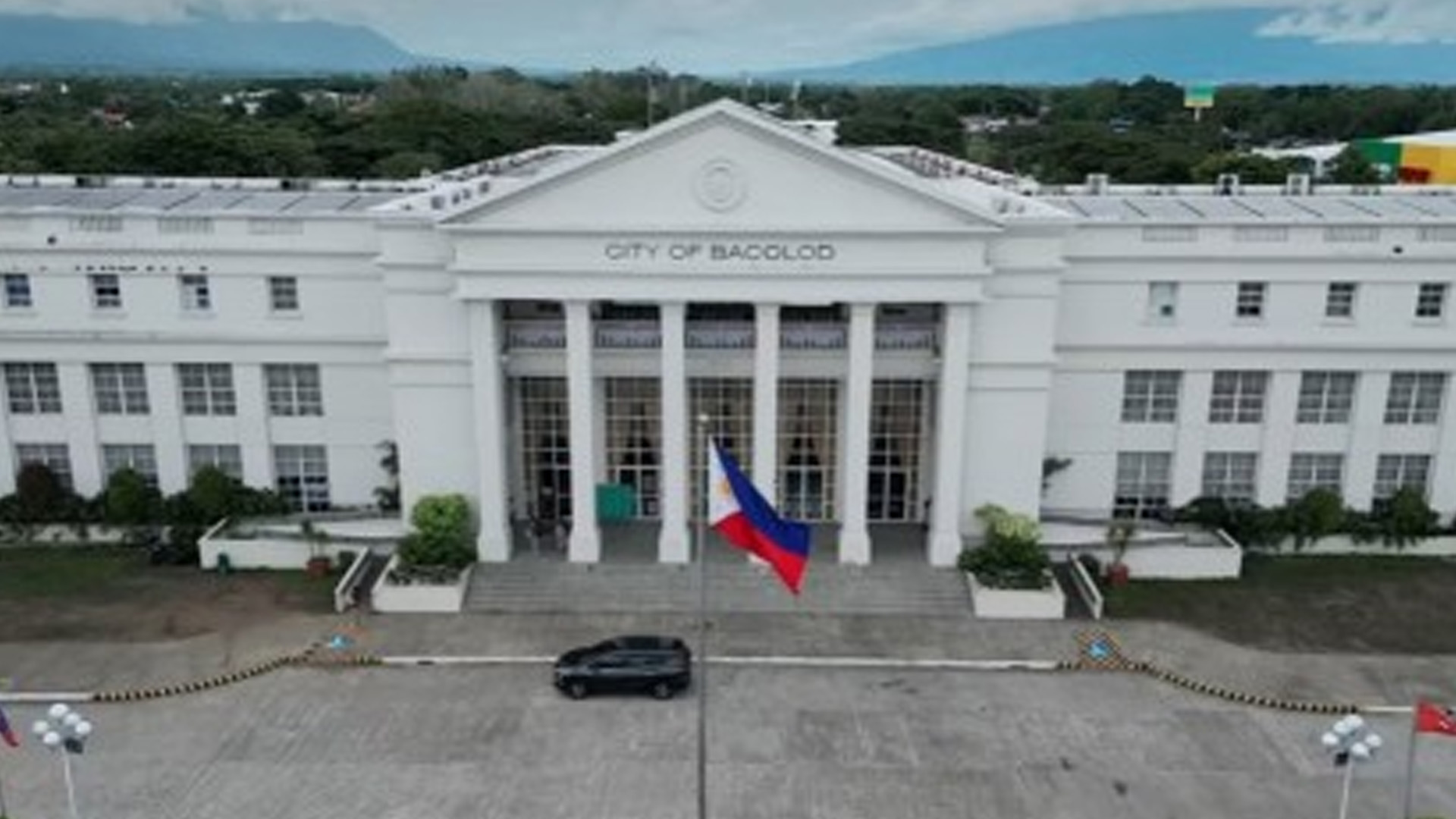This city is harnessing solar power to lessen its monthly electricity expenses, which run to at least PHP10 million.
As of Wednesday, the installation of the 400-kilowatt (KW) capacity solar power system on the rooftop of the Bacolod City Government Center is ongoing.
Mayor Alfredo Abelardo Benitez said this would reduce the city’s power bills by half.
“It will be finished soon. The installation of solar panels in 16 barangays will follow. The use of solar panels will reduce the city’s electricity expenses by 50 percent,” he said in a statement.
The solar power project has a proposed budget of PHP100 million, funded under the PHP4.4 billion loan window of the city government from the Development Bank of the Philippines.
Benitez said harnessing solar energy for power supply makes sense for the city government since all major government activities are held at the Bacolod City Government Center.
Based on the projection, the city government can recover expenses for solar panels within two and half years, he added.
In Negros Occidental, the provincial government will also install 1,270 KW total capacity of solar photovoltaic systems in the seven main facilities of the Capitol based in this city this year.
Going solar will enable the province to save between 132,080 and 158,000 kilowatt hours per month, its data showed. (PNA)







